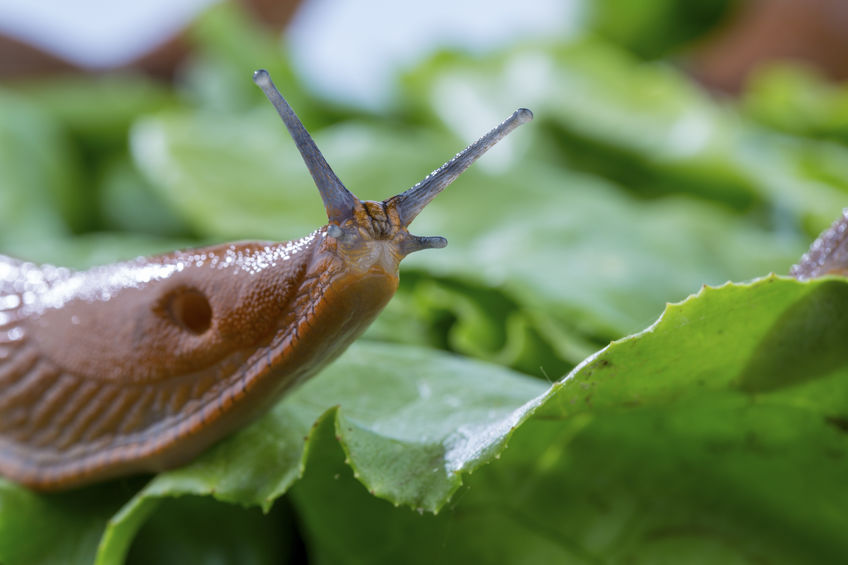
Excessive levels of metaldehyde 'continue to be detected' in water courses in eastern areas of England following wet weather which created an ideal condition for slugs.
According to Anglian Water, the region has seen 'excessive amounts' of metaldehyde - a pesticide used to control slugs on farms - at 'well above permitted levels'.
Wet weather throughout the autumn created ideal conditions for slugs, and the challenging conditions also meant that farmers struggled to get winter wheat drilled.
But the wet weather has 'delivered a double whammy', the water firm said, causing excessive water run-off in areas, while some abstraction points had to close.
Now the Voluntary Initiative (VI) is reminding farmers and growers of the need for best practice use of molluscicides at this time.
Dr Neal Evans, operations director at the VI said: “Continued wet weather in some areas of the country has resulted in run-off to water courses.
"We have heard reports from some water companies that they have detected metaldehyde in raw water at levels well in excess of the 0.1 parts per billion (ppb) limit.
"It is important to stress the need for careful, best practice use of pesticides and metaldehyde in particular, as part of an integrated pest management approach.
"Careful stewardship of metaldehyde will be key as this slug pellet treatment is phased out.”
The outdoor use of metaldehyde is set to be banned in Britain from the end of March 2022, the government announced in September.
The pesticide will be phased out by 31 March 2022 to give growers time to switch to alternative slug control measures, Defra said.
It will be legal for manufacturers to supply metaldehyde products until 31 March 2021.
Onward sale by distributors and use of the products will then still be allowed for a further 12 months until 31 March 2022.
